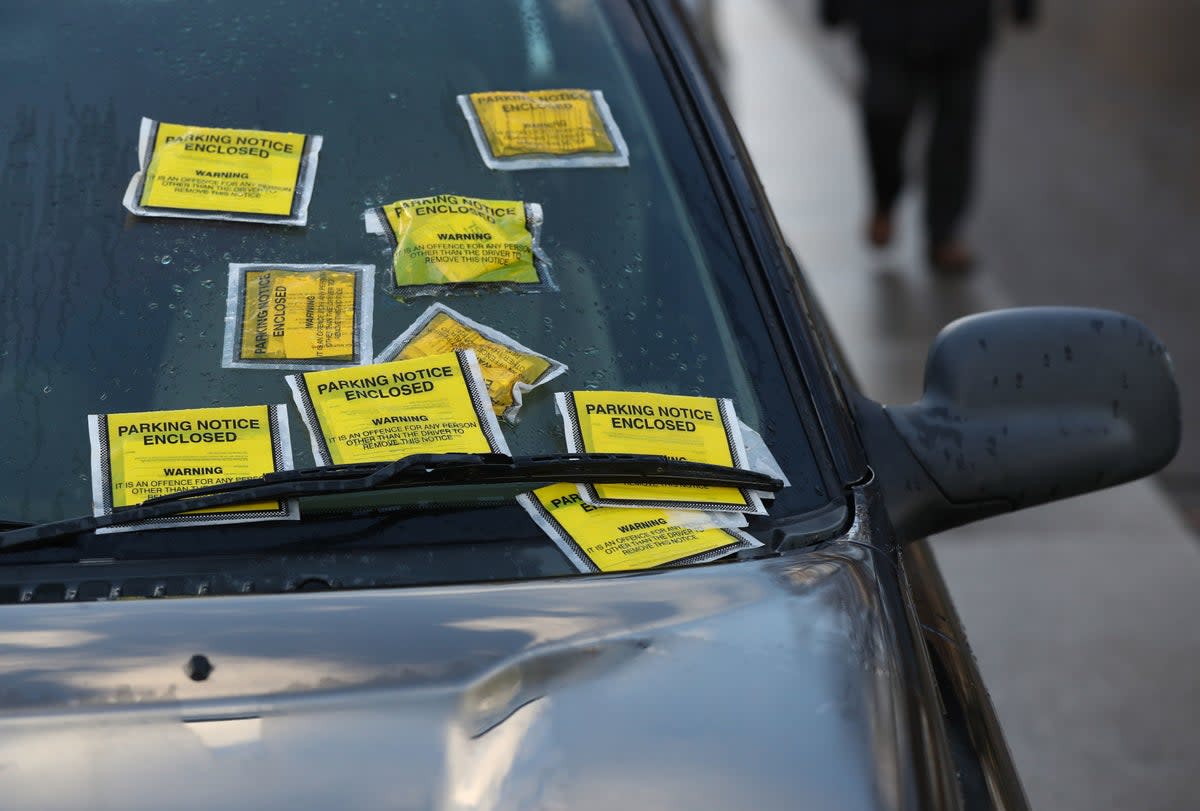Parking fines are changing – here’s everything UK drivers need to know

Parking authorities in the UK have published new car parking rules today that will affect all drivers in the country.
The sector-wide code of practice will become the only set of rules for car park owners in the UK, aiming to boost transparency and consistency for motorists.
From October 1 this year, all newly opened car parks will be required to operate under these new rules. For existing car park operators, they have until the end of 2026 to bring their sites in line.
Here are some of the key changes motorists should be aware of:
Drivers will be given a 10-minute grace period during which no parking charge can be given
Clear signs arerequired to help drivers navigate the car park, and know where they can and cannot park
The parking charge cap of £100 is maintained, reduced to £60 if paid within 14 days
A new Appeals Charter will create clearer parameters for when motorists can appeal against a parking charge
The code of practice also brings in a new sanction scheme for private parking operators who fail to follow the rules. In the most serious cases, companies can have their ability to operate suspended.
It came after complaints from consumer groups that some aspects of private parking could be confusing or misleading, resulting in unfair fines. The law was introduced by Conservative MP Greg Knight, who said drivers were facing “poor signage, unreasonable terms, exorbitant fines, aggressive demands for payment and an opaque appeals process.”
In the year up to March 2023, a record 11.1 million parking tickets were issued to drivers on private land, totalling an estimated £1.1 billion. This was an increase of 29 per cent from the previous year.
A version of the new code was first published by the government in February 2022 but withdrawn only four months later due to legal challenges from several parking firms.
Sector leaders feared the changes would unfairly affect their ability to operate, with the BPA writing that they could cause around 3,000 job losses and “46% of parking operators [to become] insolvent within a year of the change”.
This new code has not been produced by the government, but by the two sector regulators which private parking operators must register with to operate.
The new code is a joint project between parking sector regulators the International Parking Community (IPC) and British Parking Association (BPA).


